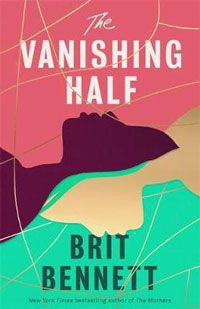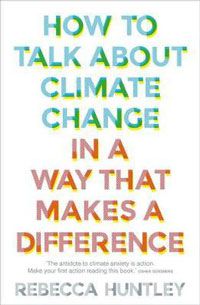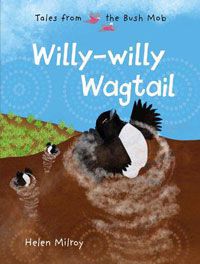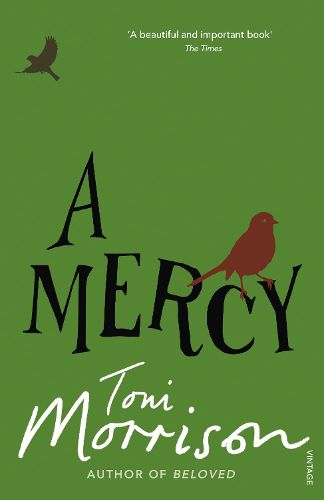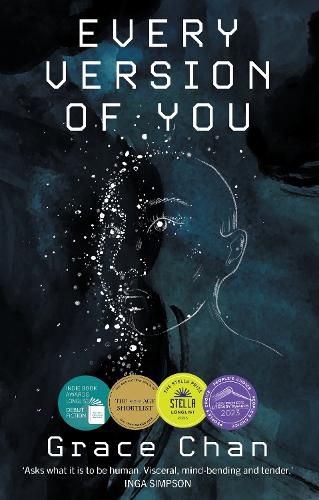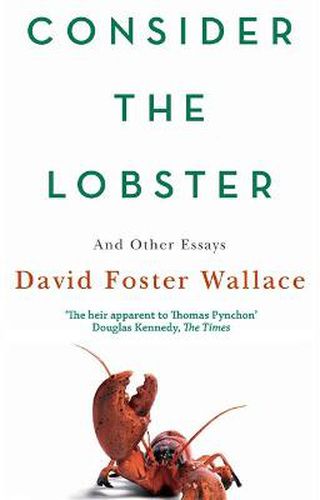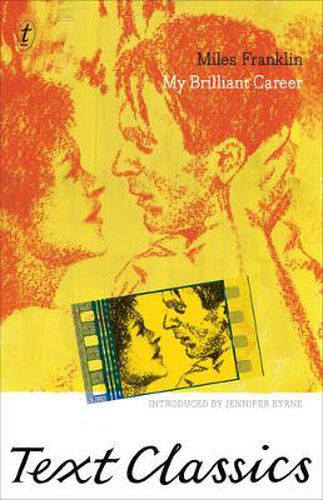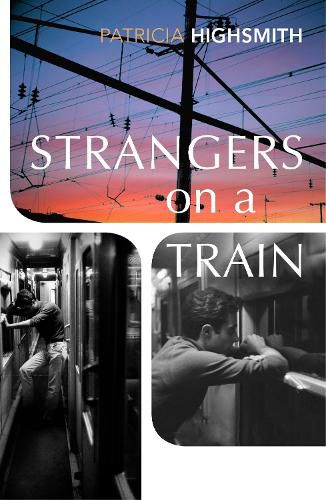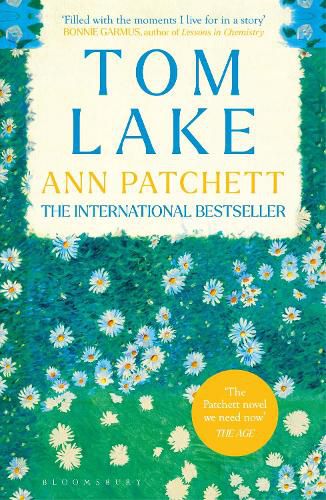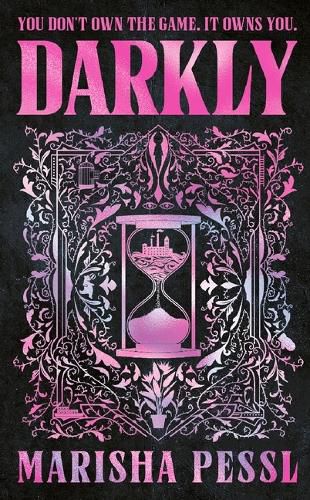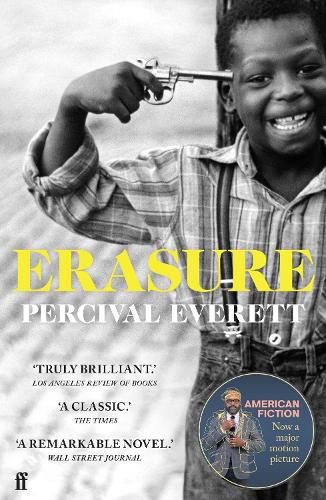What we're reading: Tangey, Huntley & Bennett
Each week we bring you a sample of the books we’re reading, the films we’re watching, the television shows we’re hooked on, or the music we’re loving.
Tye Cattanach is reading The Vanishing Half by Brit Bennett
The Vanishing Half is Brit Bennett’s second novel and, like its predecessor The Mothers, does not disappoint. This cleverly constructed novel intrigues the reader from the very first page, drawing us into to its slowly unfolding story of family drama, fraught sibling relationships, and the search for identity. A diverse cast of characters individually narrate their struggle to escape the expectations of their families, their birthplaces, and societal expectations, to define themselves as they wish to be seen. To live their lives as they wish to live them. But can these things ever truly be escaped? Can we ever actually free ourselves from the ways our family history shapes us? Bennett’s deft exploration of these questions is deeply intertwined with issues of racial discrimination, domestic violence and gender issues. The Vanishing Half is a marvellous novel that will leave you wondering about its characters long after you have read the last page.
Chris Gordon is reading How to Talk About Climate Change in a Way That Makes a Difference by Rebecca Huntley (available 2 July)
It seems as good a time as ever to learn about alternative means of communication. To that end, I’ve just finished reading Rebecca Huntley’s excellent and uplifting book, How to Talk About Climate Change in a Way That Makes a Difference, which is due to arrive in-store next week. Using emotional responses as the key to opening up discourses on the topic, Huntley looks at how our collective emotional baggage defines our actions around the climate crisis. For example, does guilt and shame really drive change? Why do we all keep flying when we know that it’s terrible for the planet? Why do we vote in governments that we know don’t support real climate action? Why are we not listening to our kids? By understanding our own attitudes and those of our community we can break down walls and start having meaningful conversations about change.
Huntley’s book has persuaded me to slow down, and to truly listen to those that hold a different position to mine and consider how and why they react to certain platforms. Her book is not a didactic fact-driven essay on where we are, but rather a journey of why we feel the way we do. I found this book encouraging, kind even, and a necessary toolbox for the next bout of discussion.
Bronte Coates has been reading some terrific children’s books
I’ve read some really great children’s books lately, including two that are perfect for beginner readers. What Zola Did on Monday is the first book in a new junior fiction series from Melina Marchetta, and it’s a lovely, gentle story about family and gardening. I’m a long-time fan of Marchetta who is a brilliant storyteller, and this book is an assured first foray into writing for children. Helen Milroy’s Willy-willy Wagtail is also the first in a new series. This entertaining animal tale is packaged in a large, highly illustrated picture book format, making it ideal for kids who may be intimidated by chapter books. A descendant of the Palyku people of the Pilbara region and Australia’s first Indigenous doctor, Milroy is the author of two other excellent books (another junior fiction, Wombat, Mudlark & Other Stories, and a picture book, Backyard Birds) and I think she’s a really exciting and interesting author to watch.
Looking to older readers, I also just picked up Penny Tangey’s new middle fiction book As Fast As I Can on a friend’s recommendation. The story of a ten-year-old girl who’s ambition to go to the Olympics is upset by a health-related drama, this is such a funny, bright and endearing book. Tangey perfectly depicted the subtle primary school politics and complicated familial dynamics of Vivian’s life, while also making me laugh. As Fast As I Can is a book I know I would have adored as a kid, and still do now as a grown-up.



